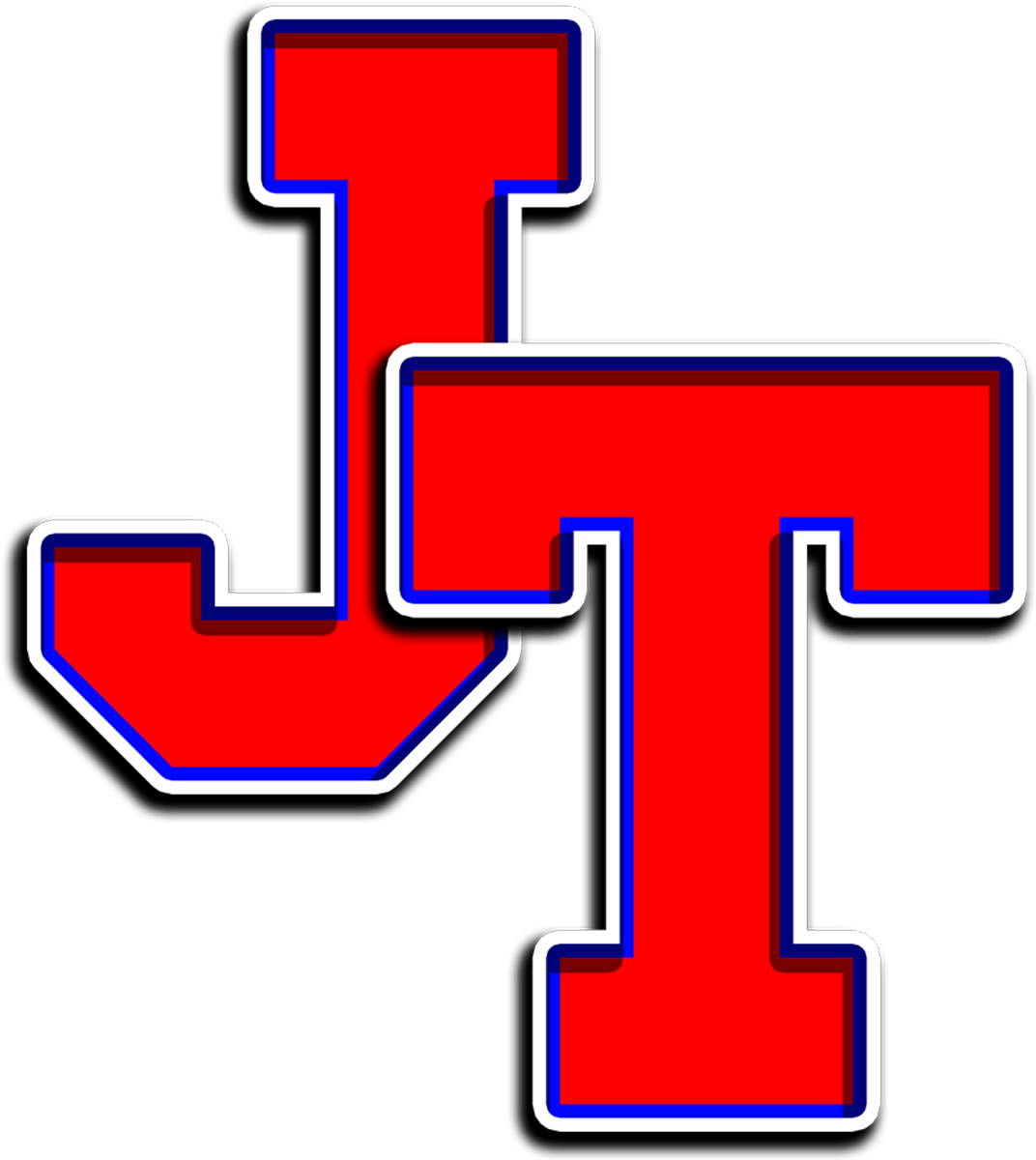Assessment
Assessment takes on many forms in the Jim Thorpe Area School District. The three main types of assessments are detailed below.
Assessment Types
Source: PDE SAS
Summative assessments …
Seek to make an overall judgment of progress made at the end of a defined period of instruction.
Occur at the end of a grade level, course, or unit.
May be administered at certain grades for purposes of state or local accountability.
Examples include:
unit tests, projects, speeches, essays, etc.
mid-terms
final exams
state tests (PSSA, Keystones)
Formative assessments…
Refer to a process integrated into instruction and learning, rather than a particular kind of assessment.
Involve collecting evidence about how student learning is progressing during the course of instruction
Provide teachers and students with feedback so that necessary instructional adjustments can be made to support learning.
Examples include:
questioning strategies
active engagement check-ins (i.e. response cards, white boards, think-pair-share)
exit tickets
analysis of student work based on rubrics and standards
journal entries
Diagnostic assessments...
Provide in-depth information relative to a student's strengths and needs
Is often used to individualize instruction as it pinpoints specific skill deficits and areas for enrichment
May be used by teachers to differentiate instruction and by students in order to set personal goals for growth and achievement
Examples include:
